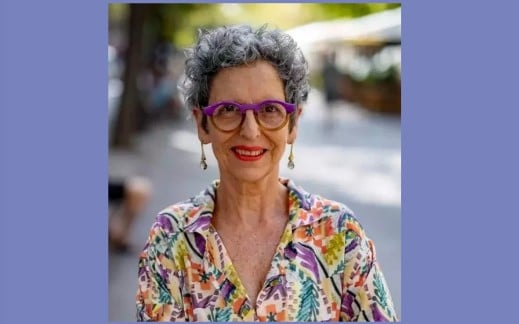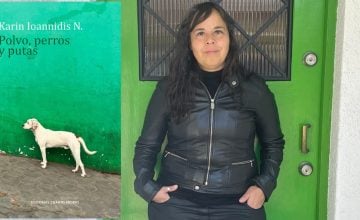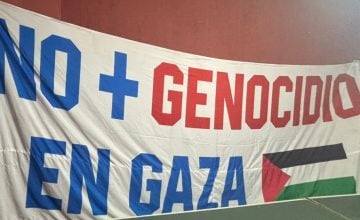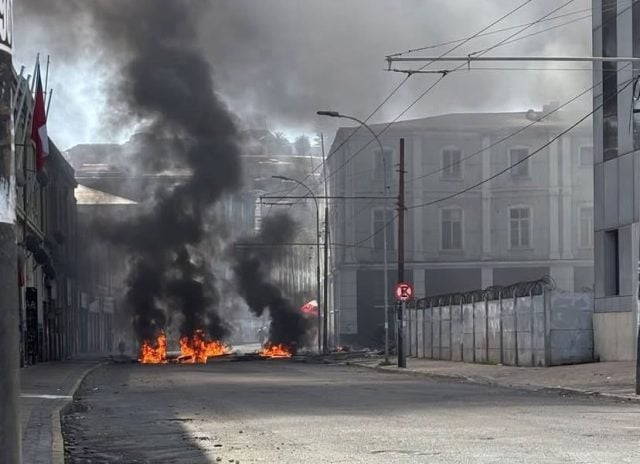Former UN rapporteur explains how criminalizing land occupations and informal encampments masks the state’s failure to guarantee the right to housing.
On Thursday, October 2, the debate over the housing crisis in Chile and across Latin America took on urgent, global dimensions when renowned architect and urban planner Raquel Rolnik, former UN Special Rapporteur on the right to housing, outlined the depth of the emergency at the International Workshop on Human Rights and Evictions hosted at the Universidad Academia de Humanismo Cristiano —UAHC—. Rolnik arrived in the country amid a tense wave of evictions in multiple localities.
The expert took aim at the “cursed model” that turned housing from a human right into a financial asset. In her view, this dominant paradigm rests on the notion that “adequate housing is synonymous with registered individual ownership.” That logic creates a trap that renders any other pathway to land and shelter—such as land occupations and informal settlements—illegal. She stressed that security of tenure must not be equated solely with individual title, because that narrow framing excludes people who do not qualify for subsidized credit or simply cannot afford rent.
The urban researcher emphasized that forming a camp is neither a choice nor a way to “skip the line”; it stems from the failure of housing policy. In her view, living in an occupation entails an enormous human, family, and personal sacrifice, exposing people to acute precarity and insecurity. Rolnik underscored that this struggle is not individual—it is part of a “global housing emergency.”
She also directly addressed the growing presence of organized crime in these territories, a reality that is far from unique to occupations and is seen in working-class neighborhoods worldwide. “What’s perverse in this debate is that once it is criminalized, the response is eviction,” she said. Rolnik was categorical that eviction is not a solution in itself: “It is an apparent fix that inflicts deep suffering on everyone involved,” because people—and criminal networks—simply relocate, exposing families and children to multiple rights violations. In large part, she argued, the absence of an effective solution is tied to chronic underinvestment in building social housing.
Given the ineffectiveness of eviction as a response, the former UN rapporteur urged a more inclusive urban housing policy—one that opens the door to protected tenure options such as social rental, since constructing a full home is far more expensive. “The right to housing does not mean handing people a deed; it means the right to live somewhere in peace and safety,” she explained.
Finally, Rolnik issued a call for political action and coordinated organizing, emphasizing that what is happening in Chile is not marginal but a local manifestation of the global financialization of land. The articulation of community groups and the reporting of human rights violations inherent to evictions—including impacts on health and education—are, in her view, the only way to place the issue squarely among “the social problems of inequality,” she reflected.










